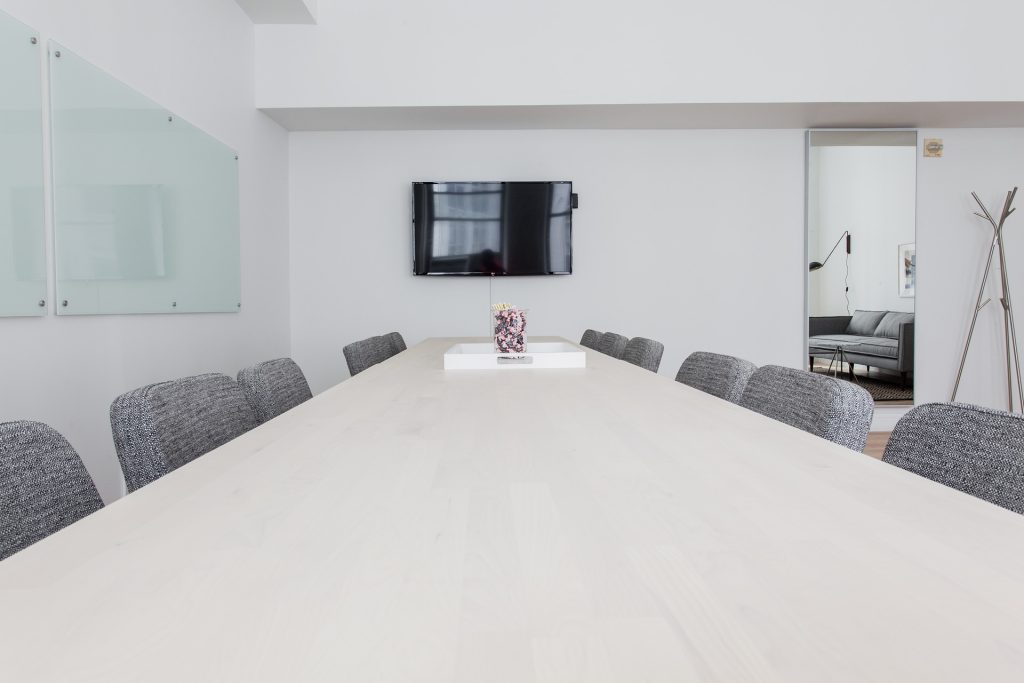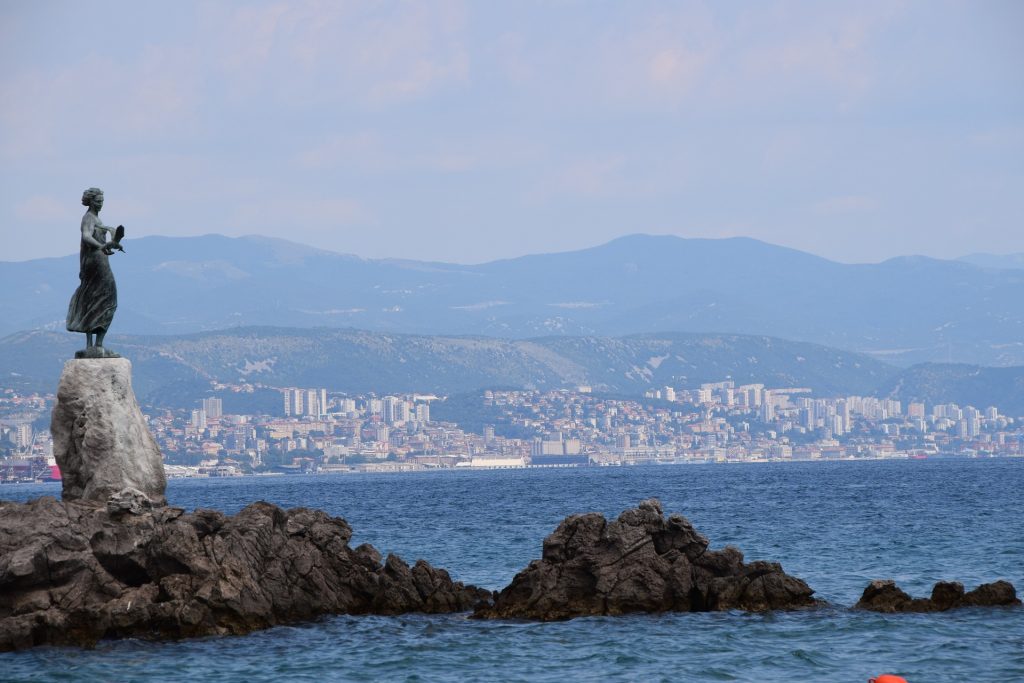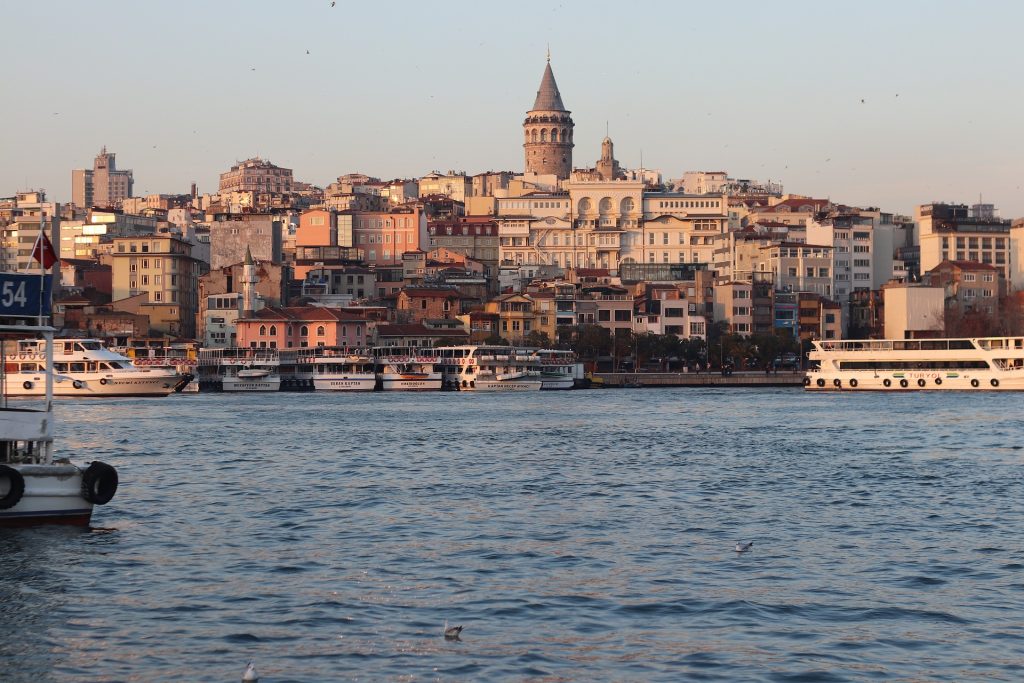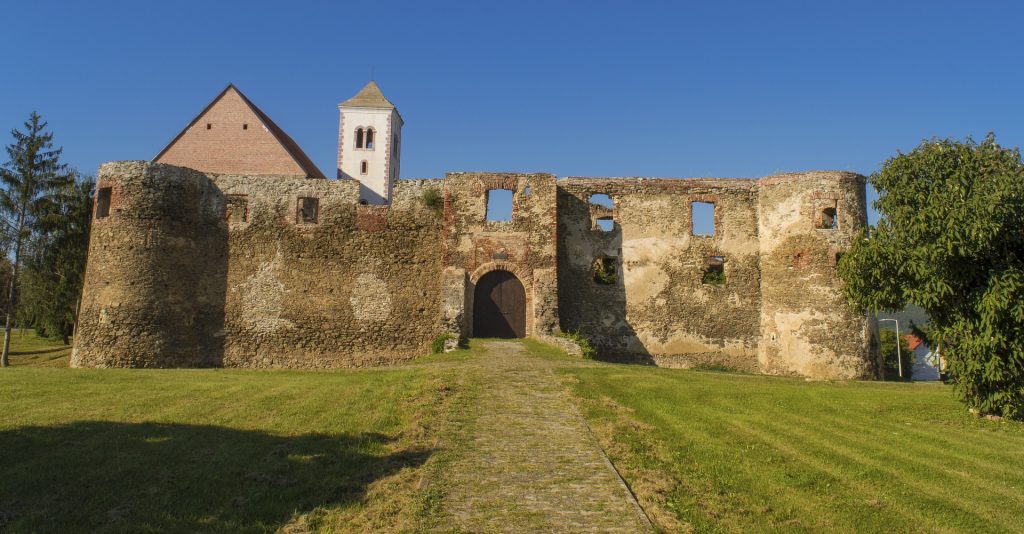[ad_1]
September the 5th, 2023 – Croatian business travel is very much on the rise, and one Croatian entrepreneur, Milana Martinovic Koprivnjak, has a potential solution.
As Poslovni Dnevnik/Josipa Ban writes, Milana Martinovic Koprivnjak has been working in the world of “retreats” for years now. In this sense, that word refers specifically to the organisation of business gatherings intended for companies whose employees are “scattered” around the world. Such companies, as Milana explained, have the habit of gathering their employees in one single place (“onsite”), one or more times a year.
However, according to Milana, they don’t get together to have fun, but to work, agree on business strategies, plan things, finish certain projects and so on. Only when they finish their work do they start with the casual socialising and partying. Organising such trips, which usually last from five to seven days, as Milana said, is not easy at all.
Many technical requirements need to be met

The participants of such gatherings typically come from all over the world, which requires special logistics, and in addition, you need to find a space that meets various technical requirements. However, Milana has a lot of experience in exactly this. For years, she worked just like those for whom she organised trips – for a foreign company for which, either from home or remotely, about twenty people dotted all over Europe worked.
Her desire, she explained, has always been to start something of her own, and this year she finally decided to do so and opened OnsiteHub back in April. However, Milana, who is far from alone in her entrepreneurial beginnings but is helped by her husband Krunoslav Koprivnjak, isn’t aiming to be “her own boss” and that’s it. There’s more to her reasoning.
The pandemic changed habits, and Croatian business travel could cash in

Her idea is to position Croatia as an attractive destination for exactly the kind of business trips that exploded after the coronavirus pandemic, and Croatian business travel is undoubtedly on the increase. Back during the pandemic, many companies outside the IT and technology sector realised that they didn’t actually need physical offices. That’s fantastic for most employees, but it’s also why, at least once a year, they need to get together in person. Milana recognised this as an opportunity not only for herself, but also for Croatian business travel to truly take off.
“I’d ideally like to present the Croatian business travel offer and place it more firmly on the global map. Croatia has a lot of potential and several ideal locations for this type of travel. In addition to that, our service is in many aspects at a much higher level compared to other locations that have made their own respective profiles within this type of tourism, such as Portugal and Spain,” she pointed out. However, putting Croatia and Croatian business travel on the world map will be no easy task. According to Milana, OnsiteHub has already held seven “retreats” in the space of just a few months.
Many are still choosing Italy and Turkey, even Serbia…

Their clients are foreign, mostly technology companies, and all the business trips they organised were outside of Croatian borders. At most, 50% of them, were organised in neighbouring in Serbia, then in Italy and Turkey. OnsiteHub’s plans for next year, however, are far from modest. Milana stated that their plan is to organise ten times more such business trips and events. As things currently stand here in Croatia, where public finances largely depend on the three months of the summer tourist season, there are no such “retreats” really placed on the map. “There are several reasons why this is so,” stated Milana.
First of all, this type of trip, on which an average of 200 to 400 euros is spent per person per day, usually takes place in spring or autumn. Companies logically avoid the peak season, explained Milana. In addition, it’s very important for clients that the country is well connected, i.e. that there is an airport near the location they’re travelling to, so that they can reach their chosen accommodation within an hour. In addition, the place of gathering and accommodation – be it a hotel, camping, glamping, or some sort of mountain resort – must meet certain important technical conditions.
“It must have high-speed internet, enough conference rooms and work spaces, a sufficient number of charging ports for laptops, high-quality, ergonomic chairs… the list goes on. In addition, the location must offer additional content so that those who have worked all day can enjoy various recreational or entertainment activities after they’ve finished with their work,” explained Milana.
Milana and her husband do all this for their clients in order to get recognition for Croatian business travel. They provide a complete logistics service, from finding accommodation, transfers and even the organisation of team activities. That is all very challenging in Croatia, especially in the pre- and post-season.
First of all, as Milana pointed out, after the height of the summer season has passed, most locations, especially those on the Adriatic coast, which are the most interesting for companies, are no longer connected by airlines. On top of that very pressing issue, a good part of the hotels either open late or close very early. The problem, therefore, is neither the Croatian business travel offer nor the services, but the fact that as a country, we’re still exclusively oriented towards the summer season, after which everything typically dies back down.
There is a lot of potential for extending that summer season, noted Milana. Business trips, or “retreats”, are only one segment. What about congress or sports tourism? She rightly wonders. There are also digital nomads who are ever present in Croatia, she continued, adding that “someone must seriously address Croatia’s overall tourism strategy.”
However, regardless of these shortcomings, the founder of OnsiteHub plans to bring this type of tourism to Croatia. She revealed that she’s currently negotiating with several partners and that they’re now well on their way to realising cooperation. Zadar, Split, Dubrovnik and Istria are all very interesting locations for Croatian business travel, and the often wrongly overlooked area of Slavonia in eastern Croatia is also brimming with great potential.
Competitive, beautiful Slavonia

“More than 50% of the inquiries we receive desire to have their Croatian business travel take them to less crowded and quieter locations because some clients want as few distractions as possible. They want their employees to be in one place so they can get to know each other better and connect. At the same time, they also want a good content offer. On the coast, the content is offered in itself, but Slavonia isn’t as far behind as people might assume in this regard. There are wine tours, horseback riding, cycling, grape picking, and much more.
In addition, Slavonia could be very competitive in terms of price. Therefore, the eastern part of Croatia has great potential and a very interesting story could develop if accommodation capacities there were properly developed. We’d also need a better connection of the Osijek airport with the rest of the world”, noted Milana. As an example of a success story in the “retreats” segment, Milana cites unlikely Serbia, specifically the Maglian Campus in the settlement and next to the Divčibare mountain, 150 kilometres away from Belgrade, which was built specifically for that sort of audience.
“They have three conference rooms, optical Internet, a range of activities for groups, local and seasonal food and a great price. If someone dared to do something like that in Slavonia, I think it would be a hit,” believes Milana. Interestingly, as she also pointed out, the City of Zagreb isn’t remotely interesting to clients because when they decide on smaller European cities, they seem to always prefer to choose Prague, Budapest or Belgrade. Outside of Zagreb, the rest of the country has a lot of potential for Croatian business travel, but also a lot of obstacles. In spite of those issues, Milana is taking bold steps forward and is close to realisation.
[ad_2]
Source link
